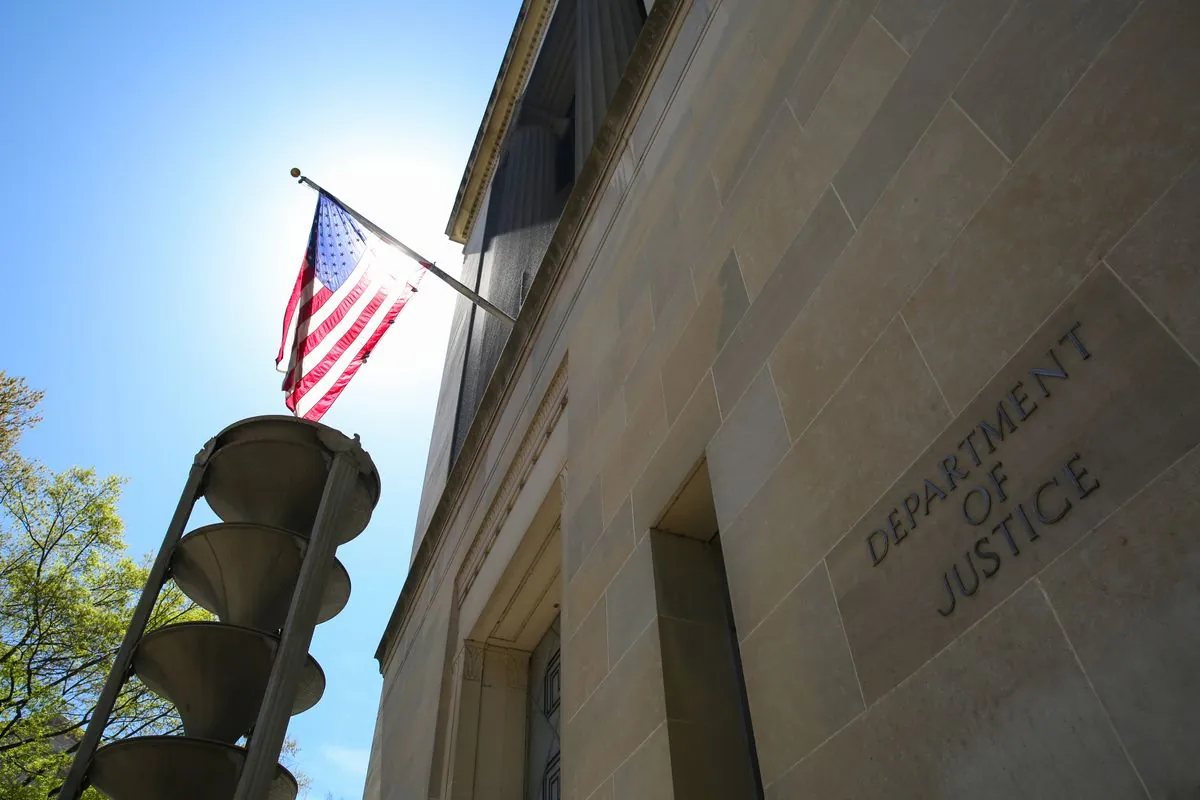U.S. Charges Iranian Guards for Election Hacking, Imposes Sanctions
U.S. files charges against three IRGC members for election hacking attempts. Treasury Department sanctions seven Iranian Guards as part of efforts to counter foreign interference in upcoming presidential race.

The United States government has taken decisive action against alleged Iranian interference in its electoral process. On September 27, 2024, criminal charges were filed against three members of Iran's Islamic Revolutionary Guard Corps (IRGC) for their alleged involvement in hacking attempts targeting the U.S. presidential election scheduled for November 5, 2024.
This legal move is part of the Biden administration's broader strategy to safeguard the integrity of the upcoming election, which will see Republican Donald Trump face off against Democratic Vice President Kamala Harris. The IRGC, established in 1979 following the Iranian Revolution, has been a focus of U.S. counterintelligence efforts due to its direct accountability to Iran's Supreme Leader.
In conjunction with the criminal charges, the U.S. Treasury Department has imposed sanctions on seven IRGC members. This action demonstrates the government's multi-pronged approach to addressing foreign threats, utilizing both legal and economic tools. The Treasury's authority to impose such sanctions is a key instrument in the U.S. foreign policy arsenal, particularly in dealing with entities deemed to pose national security risks.

The indictments and sanctions come amid growing concerns about the vulnerability of political campaigns to cyber attacks. In August 2024, the Trump campaign reported a hacking incident allegedly perpetrated by Iran, though they assured that no private information was compromised. This incident highlights the critical importance of robust cybersecurity measures in modern political campaigns.
It's worth noting that several news outlets have reportedly declined to publish internal campaign documents that were offered to them, raising questions about the nature and source of these materials. This situation underscores the complex ethical considerations media organizations face when dealing with potentially hacked or leaked information.
Iran has previously denied involvement in any election interference attempts. However, the country's history of strained relations with the United States, dating back to the 1979 Iranian Revolution, has led to ongoing suspicion and scrutiny of its activities.
The U.S. government's actions reflect the evolving nature of national security threats in the digital age. As cyber attacks become increasingly sophisticated, the international legal framework for addressing cybercrimes continues to develop. The involvement of agencies like the Cybersecurity and Infrastructure Security Agency (CISA) in protecting electoral processes demonstrates the multifaceted approach required to counter such threats.
This latest development serves as a reminder of the ongoing challenges in maintaining the integrity of democratic processes in an interconnected world. As the November 5 election approaches, the impact of these measures on public trust and the overall security of the electoral system remains to be seen.


































